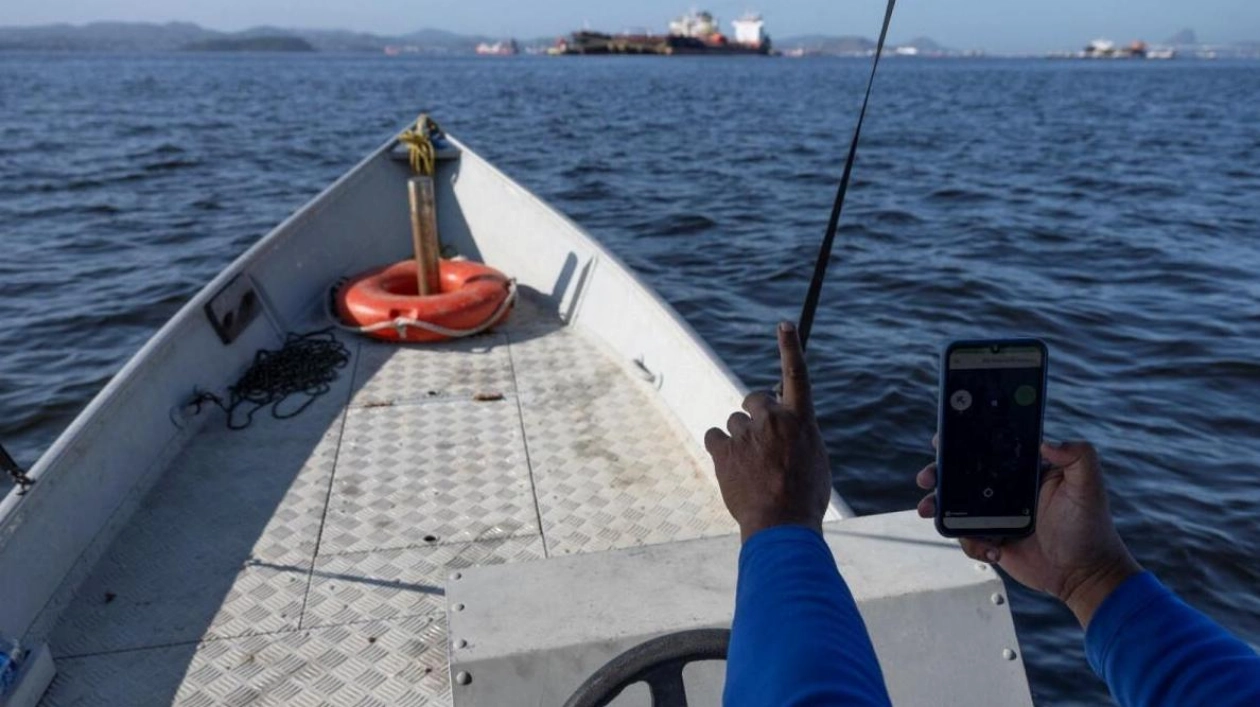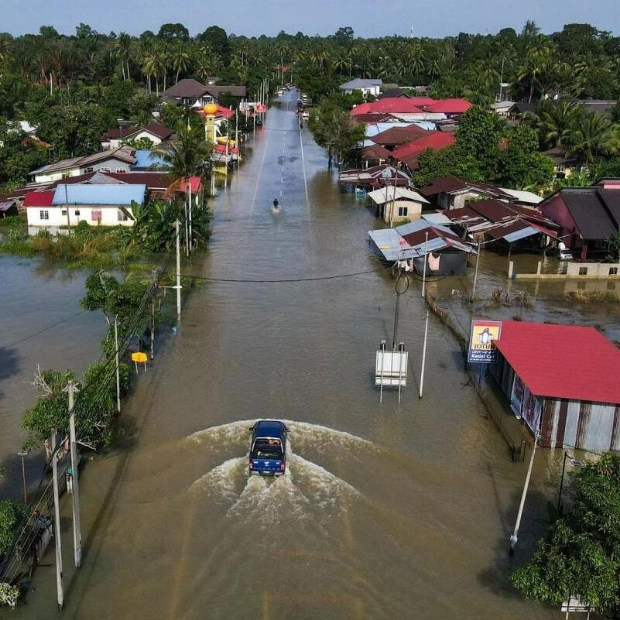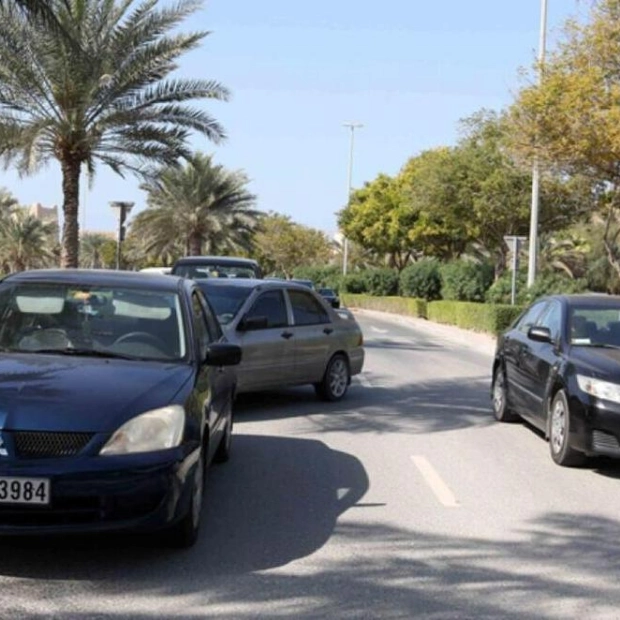Brazilian activist and fisherman Alexandre Anderson navigates his boat with one hand while filming an oil slick expanding across Rio de Janeiro's Guanabara Bay with the other. He plans to upload the footage to an application designed to document environmental harm in the renowned bay, which is vital for tourism and the fishing sector but suffers from oil, chemical, and untreated wastewater spills. The approximately 400-square-kilometer natural port faces pollution not just from visiting ships and oil rig mishaps but also from derelict vessels and urban runoff.
Disillusioned by what they perceive as inadequate official action, the bay's fishermen, supported by the NGO 350.org, developed an app to report incidents themselves. "Previously, we would take photos with our cell phones or cameras," Anderson, president of the Ahomar fishermen's association, explained to AFP while capturing footage of wastewater flowing from a ship. The app, however, provides precise geolocation data for filing anonymous complaints. This information is reviewed by a moderator, published on a specific website, and then reported to authorities like the Ibama environmental regulator or Brazil's navy, which oversees the bay.
Anderson notes that during brief monitoring sessions, he frequently encounters multiple illegal discharges. Within three weeks of the app's launch on July 26, 20 complaints were posted online, with over 100 more under review. Paulo Barone, a member of another local fishermen's association, stated that inspection agencies previously claimed they lacked the means to address complaints. With the new app, he believes authorities can no longer dismiss or overlook these issues.
For Luiz Afonso Rosario, Brazil coordinator of 350.org, artisanal fishermen have borne the brunt of environmental degradation for too long. "Oil and gas companies not only pollute the waters that support thousands of families' food, income, and leisure but also exacerbate the climate crisis by supplying fossil fuels, the primary cause of global warming," he noted. The 2000 spill from a Petrobras refinery, which released 1.3 million liters of oil into the bay, devastated the fishing industry, making species like sea bass and hake scarce, according to Roberto Marques Resende, a local fisherman.
For some, the fight is about more than mere survival. Anderson, who has long opposed the petrochemical industry, has faced threats and assaults and hopes the app will ensure that "those responsible are truly held accountable." "Only then can we address these issues," he asserted.






